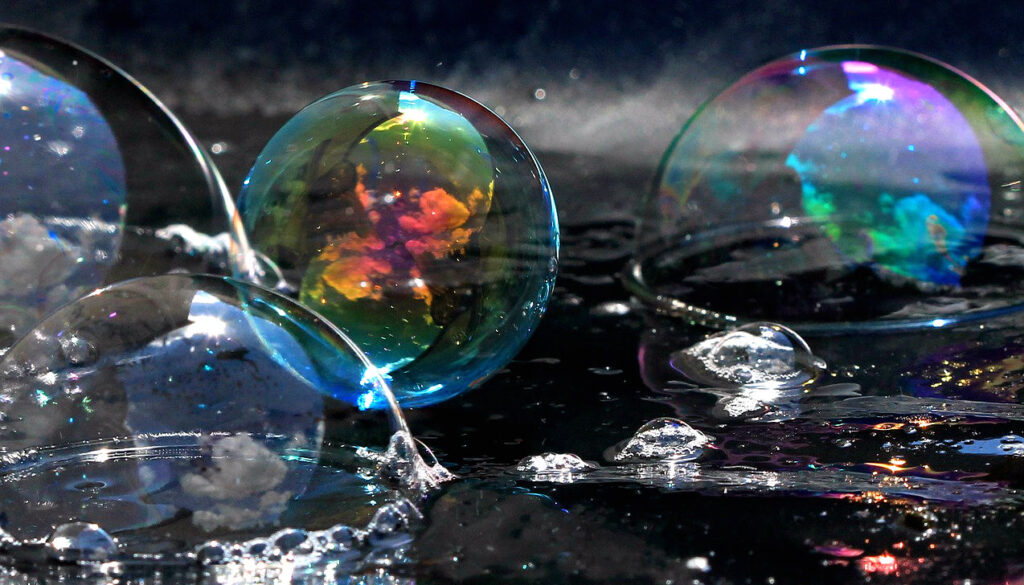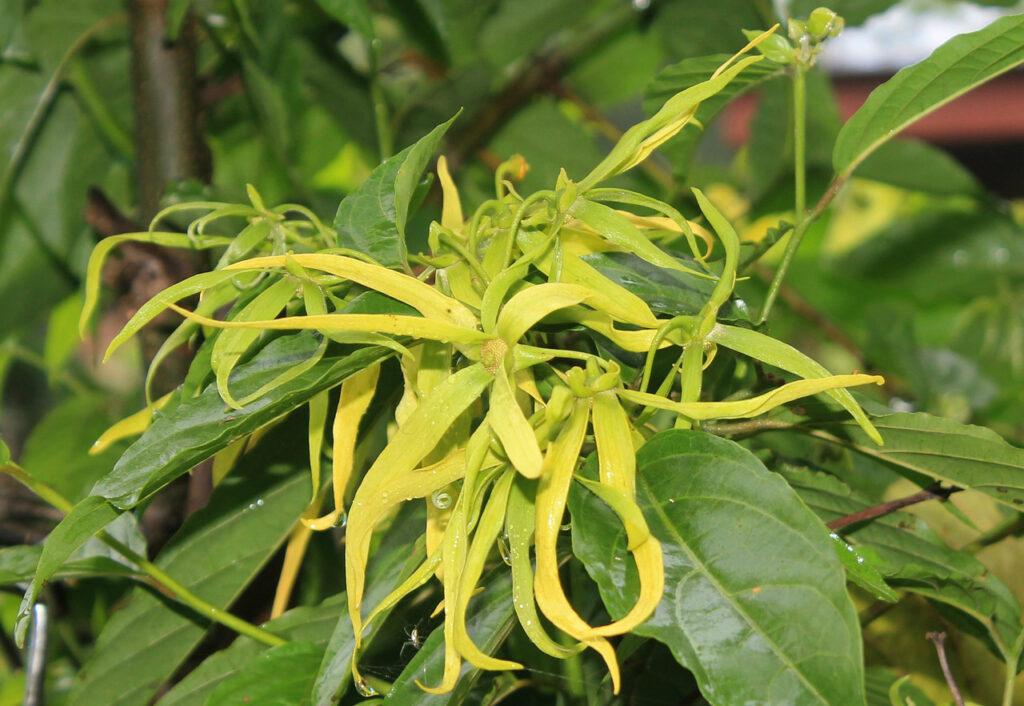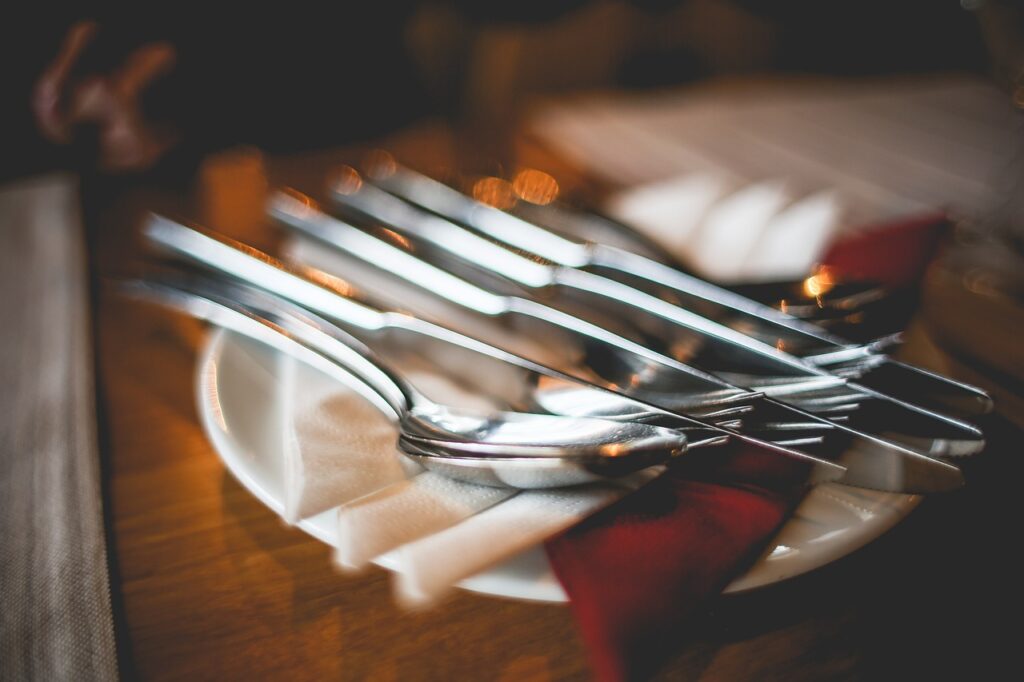How to Make Dish Soap That Actually Works
Natural dish soaps offer a cleaner, safer, and greener alternative to the conventional options lining store shelves. A well-made homemade dish soap cuts through grease, removes residue, and cleans dishes just as effectively as synthetic formulas, without exposing your family to harsh chemical additives.
- Why Use Homemade Dish Soap?
- Basic DIY Dish Soap
- Powerful DIY Homemade Liquid Dish Soap
- Things to Keep in Mind
- Summary
- Homemade Dish Soap: FAQs
- What is the best natural ingredient for homemade dish soap?
- What gives homemade dish soap a thick, gel-like texture?
- What oils help cut grease in DIY dish soap?
- How do you naturally scent homemade dish soap?
- Does homemade dish soap produce enough suds?
- How long does DIY dish soap last?
- Can you use homemade dish soap in the dishwasher?
- What is the ideal process for making dish soap?
- How do you package homemade dish soap?
- Is DIY dish soap safe for hands and the environment?
Like any good dish soap, it tackles dirt, leftover food, oil, and grime. The difference is that natural versions rely on gentle yet effective ingredients instead of questionable detergents.
Rather than reaching for another bottle filled with chemical fragrances, dyes, and harsh surfactants, consider making the switch to a simple, homemade, natural formula. It aligns with the broader lifestyle choices you’re making here at Enticingly Simple, and you can stop wondering whether your dish soap is leaving behind anything that doesn’t belong on the plates your family eats from.
Your dishes get clean. Your home stays healthier. Your routine gets simpler.
Why Use Homemade Dish Soap?
Commercial dish soaps are made of toxic chemicals that can harm your family’s health and the environment. That’s reason enough to make the switch to more natural alternatives.
However, even some so-called “green” dish soaps may contain harmful chemicals like Sodium Laureth Sulfate. This harmful chemical is often tainted with a “probable” carcinogen, 1,4-dioxane, and has been tagged as a low/moderate health hazard by the Environmental Working Group.
Worse yet, it can also be tainted with Ethylene Oxide, a known human carcinogen with a danger rating of 10 by the Environmental Working Group.
Basic DIY Dish Soap
If it’s your first time making your own dish soap, you should begin with easy and simple DIYs in the beginning. Here are some general ingredients and basic instructions to jumpstart your dish soap-making process.
Ingredients:
Your first dish soap needs the following ingredients:
- 1 3/4 Cups of water
- 1 Tbsp Borax
- 1 Tbsp Natural Soap Flakes ( or Natural/Homemade Bar Soap)
- 15-40 Drops of Essential Oils
Also, feel free to double this recipe if you’re a dishwashing champion in the kitchen.
Instructions:
Making dish soap is so easy. Follow the steps below, and you’re done:
- Bring water to a boil.
- Mix dry ingredients (borax and soap flakes) in a bowl.
- Pour boiling water over your mixture of borax and soap flakes.
- Stir or whisk the mixture until the soap flakes have fully dissolved.
- Allow mixture to cool for 6-8 hours, stirring occasionally.
- Once the mixture has gelled, add essential oils and shake well.
Powerful DIY Homemade Liquid Dish Soap
If you have successfully made your own basic dish soap, you might want to try making a more comprehensive dish soap that makes use of more ingredients. This dish soap is a force to be reckoned with when it comes to dirty dishes. In this liquid dish soap, you will need to prepare the following ingredients.
Ingredients;
- ¼ cup of Castile Soap
- 1 ½ Cups Water
- ¼ Cup Natural Soap Flakes (or Grated Homemade Bar Soap)
- 2 ¼ Teaspoons to 1 Tablespoon of Super Washing Soda (choose the amount based on your preferred thickness) – See Note
- 1/2 Teaspoon High-Quality Glycerin
- 15-40 Drops of Essential Oils (citrus oils smell great, and lavender is a wonderful floral scent).
Instructions:
- Boil water. In a bowl, pour boiling water over soap flakes and stir/whisk until dissolved.
- Add the following measured ingredients to the soap and water mix: castile soap, super washing soda, and glycerin. Mix Thoroughly.
- Allow mixture to sit for 24-36 hours, stirring occasionally.
- Once the mixture has reached your preferred consistency, go ahead and add the essential oils of your preference.
- Place the mixture inside a pump container. It’s now ready to use!
Important Notes and Tips:
1.) If your soap isn’t reaching the desired thickness, just heat it up again and add more washing soda. Also, you will notice that it becomes much thicker after the first 24-hour cooling time.
2.) This dish soap mix will thicken over time. So, if you notice it getting thicker over days or weeks, all you’ll need to do is mix in a bit of hot water.
3.) If you notice clumps at any point in the process of making your dish soap, just use a whisk or blender to get it to the smooth consistency you desire.
Things to Keep in Mind
Using water in dish soap is a little tricky. Water in different geographical regions may contain different levels of pH. Therefore, water hardness or softness may drastically vary from one location to another.
For those of you with soft water, you’ll find that all of your soaps (dish soaps, body wash, laundry, etc.) will clean far better. For those of you with hard water, you’ll have to use noticeably more soap for cleaning. This really applies to any soap you use in your household, including this dish soap.
With that in mind, don’t go and make a triple or quadruple batch just yet. You may need to tweak the level of washing soda or soap content slightly after your first batch. So, try the standard recipe, then tweak it to your water type (if you’re a perfectionist).
We only mentioned a few essential oils that can be used. However, there’s an endless list of exciting essential oils with various scents and benefits that you should try.
There’s simply no reason why each batch of your homemade dish soap can’t be an exciting new scent every single time. That’s why homemade is far superior. Just be sure to use high-quality essential oils.
Summary
Say goodbye to commercial dish soaps that bring unnecessary chemicals into your home. DIY dish soaps are affordable, effective, customizable, and made from ingredients you can trust. They clean dishes well, protect your skin, and reduce your exposure to synthetic additives.
You can tailor each batch to your preferred scent, thickness, and strength. You can even gift homemade dish soap to friends or family. If you are new to DIY dish soap, start with the basic recipe and move on to the more advanced version once you feel comfortable.
Experiment with essential oils until you find blends you love. Something as simple as dish soap can become a small daily luxury when you choose scents that make your kitchen smell fresh and inviting.
It is time to save money, simplify your home, and embrace healthier alternatives. For your family, your memories, and your overall well-being, making the switch is worth it. You will not regret it.
Homemade Dish Soap: FAQs
What is the best natural ingredient for homemade dish soap?
Castile soap is the most effective base. It is biodegradable, gentle on skin, and made from plant oils.
What gives homemade dish soap a thick, gel-like texture?
Xanthan gum provides natural thickening. When whisked properly, it creates a smooth, pourable gel.
What oils help cut grease in DIY dish soap?
Coconut oil is a strong natural degreaser. Olive oil can also help break down grease while keeping the soap balanced and moisturizing.
How do you naturally scent homemade dish soap?
Add essential oils such as lemon, grapefruit, orange, peppermint, or tea tree. Use about 15 to 20 drops per batch, adjusting to your preference.
Does homemade dish soap produce enough suds?
Yes. Adding a small amount of vegetable glycerin helps boost lather and creates a pleasant foaming effect.
How long does DIY dish soap last?
Most homemade dish soaps last about two to three months when stored in an airtight container in a cool, dark place.
Can you use homemade dish soap in the dishwasher?
Use caution. Many DIY dish soap recipes contain oils and produce more foam than dishwasher-safe detergents. If your recipe includes coconut or olive oil, do not use it in a dishwasher. Excess suds can cause overflow and may void appliance warranties.
What is the ideal process for making dish soap?
Gently melt and blend ingredients on low heat, whisking until fully combined. See the recipes earlier in the post for clear measurements and steps.
How do you package homemade dish soap?
Use foaming dispensers, reused plastic bottles, glass pump jars, or any clean container with a lid.
Is DIY dish soap safe for hands and the environment?
Yes. Homemade dish soap made from simple, natural ingredients is far gentler on skin and fully biodegradable, making it safer for you and the environment.


